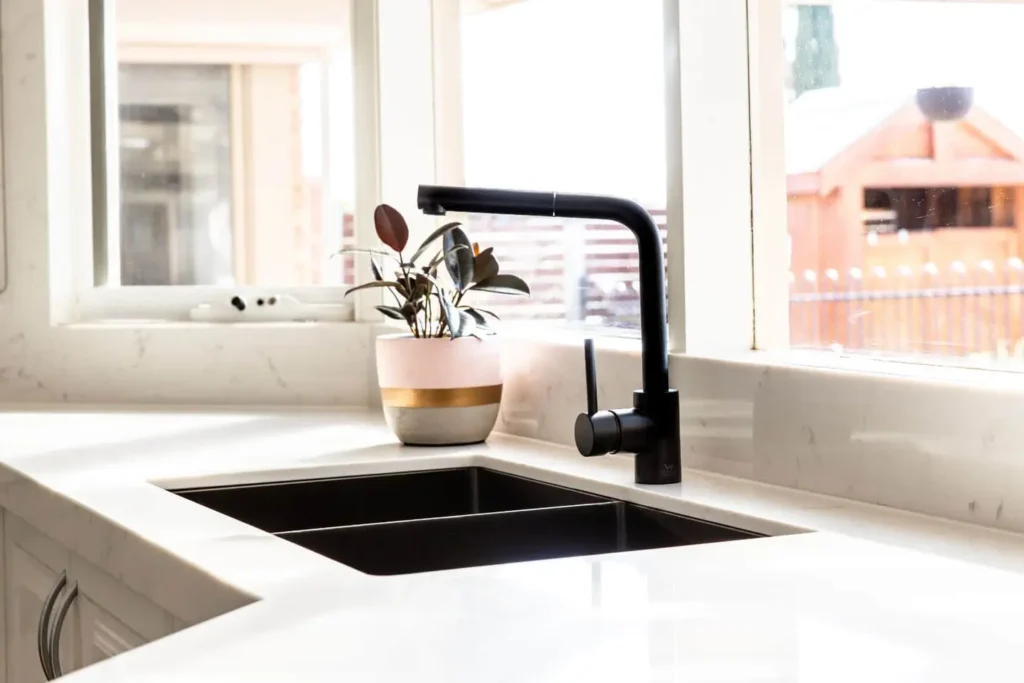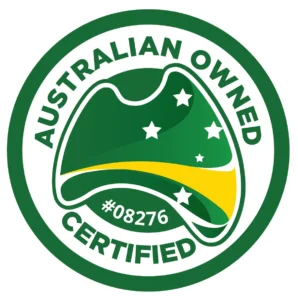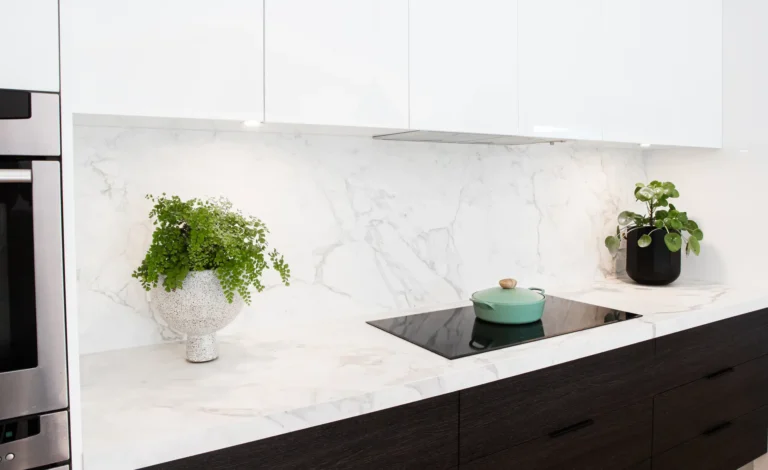Cleaning your kitchen needs to be a part of your daily routine, and we’re not just talking about a quick mop on the floor and washing the dishes. You need to clean everything, including those hidden spots, spaces in the tiles and the stove to get rid of any food that may have gotten stuck there, any dust that may have settled and more.
Read on as we look at tips on how to keep your kitchen clean from top to bottom.
The Basics of Cleaning Your Kitchen
For starters, if you spill anything while you’re cooking, clean it up on the spot with a damp kitchen rag (and a little detergent or disinfectant). When using vinegar make sure you have a nice smelling disinfectant to give it a once over to get rid of the vinegar smell.
Kitchen Benchtop
This is easy! Use a dishcloth, warm water and some liquid detergent. Once you’ve cleaned all the kitchen benchtops, dry them with another dry dishcloth, paper towels or a microfiber cloth. If you do not want to use cleaning products such as disinfectants, make a mixture of baking soda and vinegar, dilute it with water and use it to scrub the bench. Follow up with a damp towel to remove any residue. This is important especially when looking after your new benchtop
The Stove
Basic cleaning can be done with the same items as the bench, a dishcloth, detergent and warm water. To clean out any bits that are stuck and to remove grease, create a paste using baking soda and water and apply it all over the stovetop. Once it dries out (around 15-20 minutes), clean the stove with a scrub brush followed by a second cleaning with the detergent and damp cloth.
The Splashback
Regardless of whether you have tiled, stone or porcelain splashbacks, the basic cleaning requirements are the same: avoid using a coarse cloth for cleaning and stick to natural cleaners since commercial ones may have chemicals that can damage the splashback. For the most part, water, a damp cloth and detergent will get the job done. For thorough cleaning, use a mixture of vinegar and baking soda. Vinegar might smell a bit so spray with a nice smelling disinfectant after.

The Sink
With a kitchen sponge, scrub at the kitchen sink including the faucet to remove any soapy bits, food and other grime. For any weird spots on the sink, rub them with a little vinegar. Since the sink may have accumulated germs and bacteria, you’ll need to disinfect it. Close the drain, fill the sink with water and add a little bleach or other disinfectants and let it stand for a few minutes. You can use a sponge to spread this sanitized water onto the faucet. After a couple of minutes, open the drain.
If your sink tends to clog up, keep some baking soda nearby and sprinkle some followed by a pour of warm water to wash away any solid bits that are clogging the drain.
The Oven
Use the same mixture of baking soda and vinegar inside the oven to clean out any grit and food residue. You can then use a pumice stone and some water to scrub the inside of the oven to remove any more residue and grease. Finish off by wiping it down with a clean kitchen rag.
Kitchen Floor
Sweep the floor to remove any dry dirt. Then soak a cloth in warm water and detergent and scrub it across the entire floor putting in extra effort on the greasier areas. Then soak the cloth in just water to remove the detergent and rub it across the floor. If the floor is tiled, use the same method to remove grout as you would for the tiled splashback.
The more frequently you follow these steps, the less effort you’ll have to put in since there will be less food residue to clean up.









